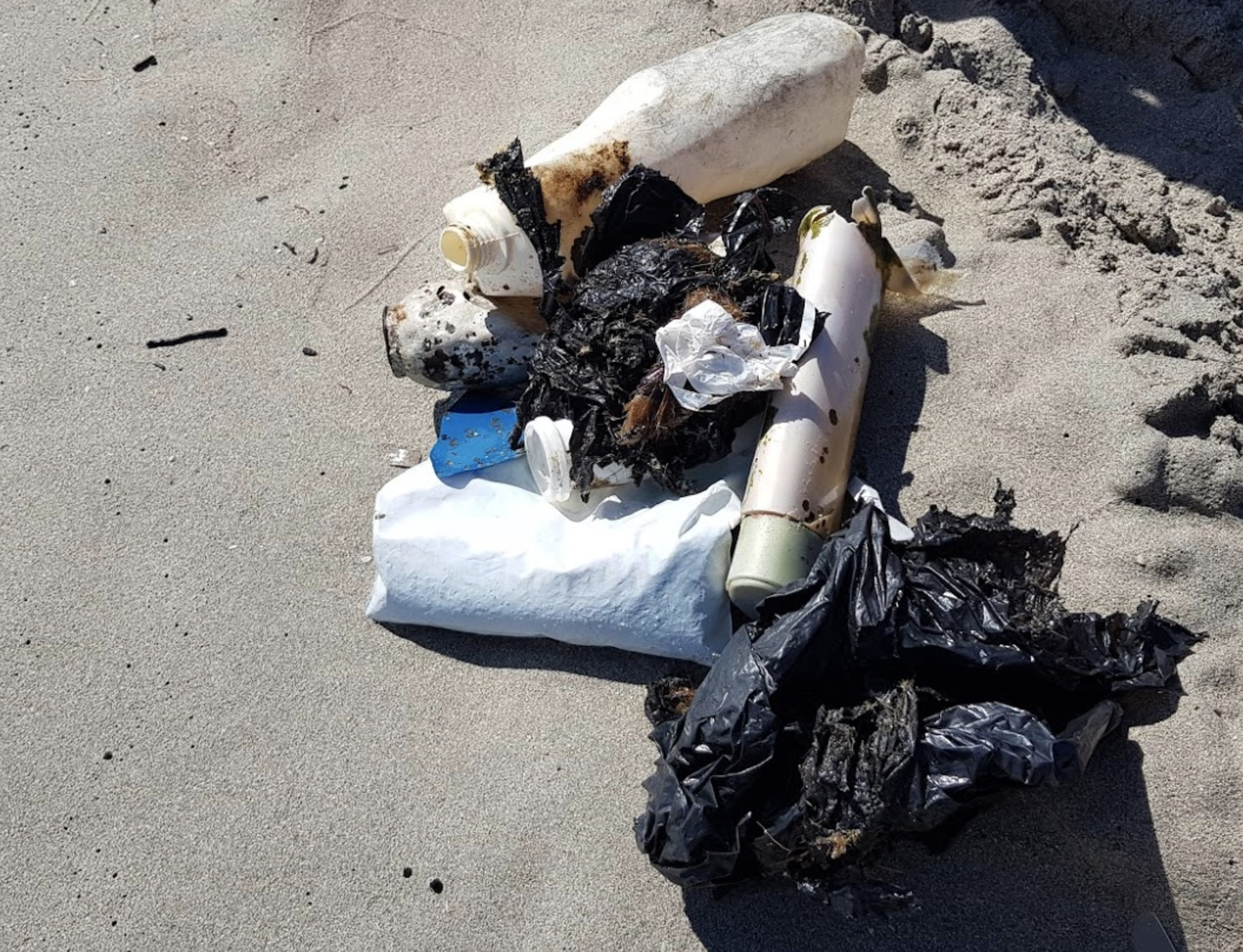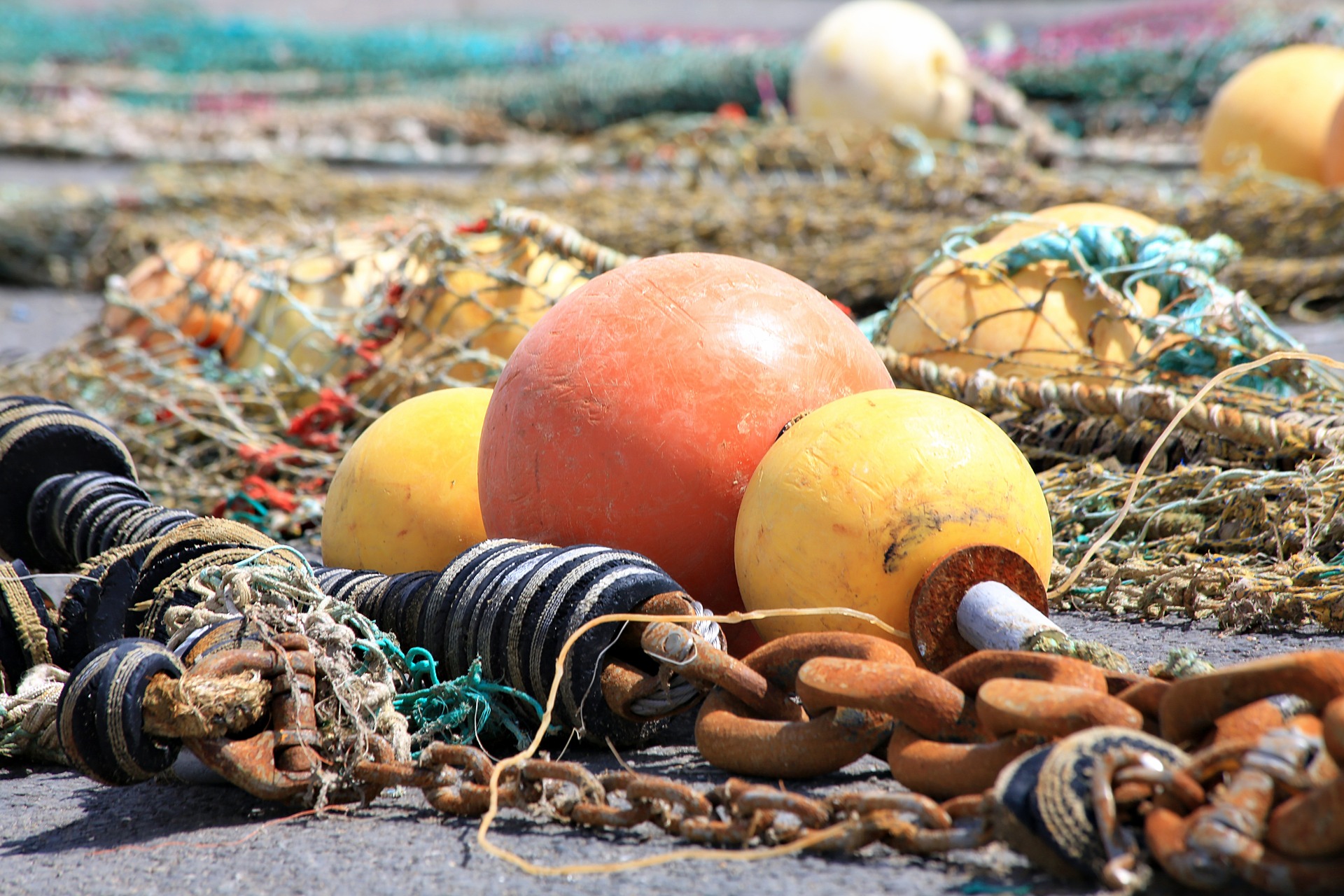
- Sustainable Planet -
- 2mins -
- 23 views
EU proposes ban on straws and other single-use plastics
With the ever increasing amount of harmful plastic litter in oceans, the European Commission targets the 10 single-use plastic products that constitute 70% of all marine litter items.
The European Union is waging war on Single-use plastics
With the amount of harmful plastic litter in oceans and seas growing ever greater, on the 28 May 2018, the European Commission proposed new EU-wide rules to target the 10 single-use plastic products most often found on Europe’s beaches and seas, as well as lost and abandoned fishing gear.
10 single-use plastic products are responsible for 70% of all marine litter
In its press release the European Commission states that "Together these constitute 70% of all marine litter items. The new rules are proportionate and tailored to get the best results. This means different measures will be applied to different products. Where alternatives are readily available and affordable, single-use plastic products will be banned from the market.For products without straight-forward alternatives, the focus is on limiting their use through a national reduction in consumption; design and labelling requirements and waste management/clean-up obligations for producers."

Companies will be given a competitive edge
Having one set of rules for the whole EU market will create a springboard for European companies to develop economies of scale and be more competitive in the booming global marketplace for sustainable products. By setting up re-use systems (such as deposit refund schemes), companies can ensure a stable supply of high quality material. In other cases, the incentive to look for more sustainable solutions can give companies the technological lead over global competitors.

Massive environmental and economic benefits
According to the EU, the proposed Directive will bring both environmental and economic benefits. The new measures will for example:
- avoid the emission of 3.4 million tonnes of CO2 equivalent;
- avoid environmental damages which would cost the equivalent of €22 billion by 2030;
- save consumers a projected €6.5 billion.
Next Steps
The Commission’s proposals will now go to the European Parliament and Council for adoption. The Commission urges the other institutions to treat this as a priority file, and to deliver tangible results for Europeans before the elections in May 2019.

